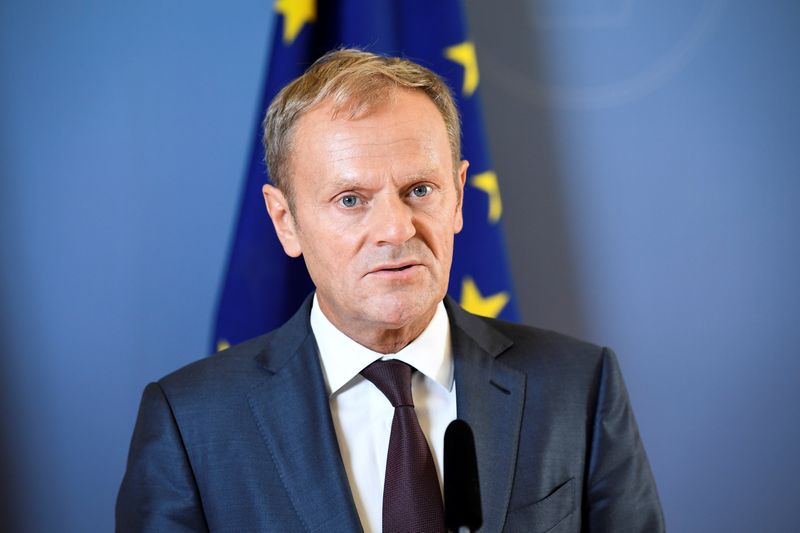BRUSSELS, Sept 11 — EU leaders will try to reboot the struggling bloc this week, focusing on security and defence to provide a new sense of purpose after the Brexit vote revealed deep fears over globalisation, terrorism and migration.
European Commission head Jean-Claude Juncker is first expected to rally the troops on Wednesday in his annual State of the Union address, restating his conviction that Europe alone can provide the answers.
European Union leaders, 27 without Britain, then meet in the Slovak capital Bratislava on Friday to plot a new course with security concerns top of the agenda, according to EU council president Donald Tusk.
“I have no doubt that the three main challenges are uncontrolled irregular migration, terrorism and the fears of globalisation,” Tusk said in Stockholm Friday as part of a tour of European capitals before the summit.
“The union and its member states must demonstrate our strong determination and ability to address the major concerns and worries of its citizens,” he said.
“For me it is clear that our first priority must be to secure our external borders,” he added.
'Detached from reality'
Britain's shock June 23 vote to leave the EU has plunged the bloc into crisis.
The EU has been on the defensive since the 2008 global financial crash threw millions out of work and tough austerity policies undercut its key claim that it alone can guarantee a better economic future for its 500 million citizens.
A newly assertive Russia took advantage in Ukraine while turmoil in the Middle East and North Africa sent migrants flooding into southern Europe, straining the bloc's much vaunted solidarity to the limit.
Adding to the sense of chaos, deadly Islamic State group claimed attacks in France and Belgium left people asking how the jihadis could strike at the very heart of Europe with such apparent ease.
Against this backdrop, there can be “no taboos” in discussing the EU's future, Tusk said, adding: “Bratislava needs to show that the political elites in Europe are not detached from reality.”
Brexit itself is however off the summit menu, with EU leaders first waiting for British Prime Minister Theresa May to say what she wants out of the new relationship.
Defence will also be a key theme with France and Germany expected to push a plan to enhance cooperation across the bloc, while falling short of the “EU army” that some eastern states have called for.
Meanwhile Juncker, under pressure amid reports about his health, will use Wednesday's speech to push a “positive message” for the EU, with plans for more investment and for boosting cooperation with African countries to stem migration.
'Less Europe'
Janis A Emmanouilidis, director of studies at the European Policy Centre (EPC) in Brussels said the EU wanted “to show its citizens in concrete terms that it is still able to work together.”
“One thing is clear, however. There will be no big reforms,” Emmanouilidis told AFP.
“I do not see a tendency towards more Europe. It is more consolidation and saving what can be saved, or even the tendency towards less Europe,” he added.
EU foreign affairs head Federica Mogherini is determined to combat any such backsliding, pushing ahead with an ambitious Global Strategy for foreign and security policy and even calling for a European defence HQ.
“When people inside and outside Europe question... whether the European Union is and will still be there, we need to say 'Yes' and to put on the table ideas on how we want to relaunch our role in the world,” Mogherini told EU ambassadors on Monday.
Rosa Balfour, senior fellow with the German Marshall Fund of the United States in Brussels, said the EU was “serious about security, in the sense that political leaders think that by doing that they respond to citizens' anxieties.”
“But defence integration has proceeded at such a snail's pace during the past 20 years, if at all, that it is unrealistic to expect much acceleration,” she said.
“A European army will not materialise in the next generation.”— AFP






















